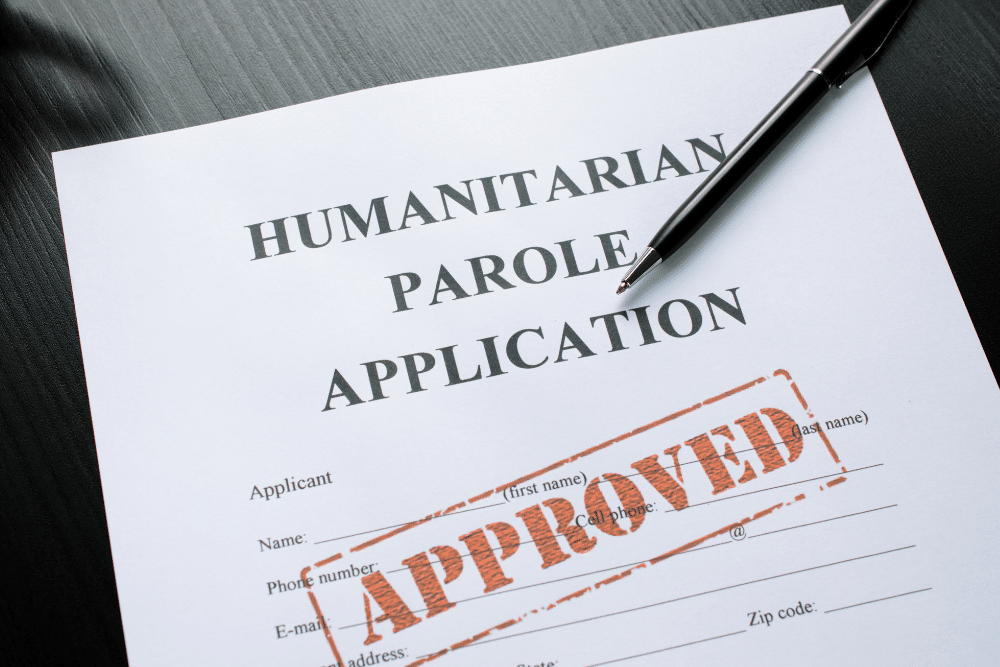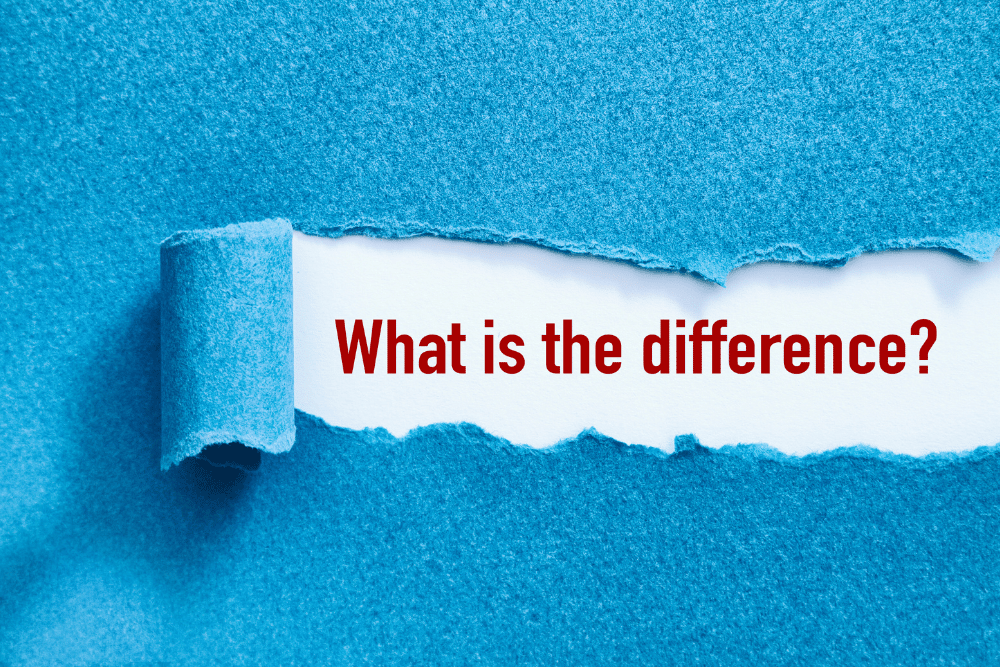Probation and parole are two important components of the criminal justice system in North Carolina. You may have heard of someone being on probation or out on parole – but do you really know what the two terms mean?
For most people, the answer is no. In fact, probation and parole are often used interchangeably, even though there are significant differences between the two. This matters a lot if you happen to find yourself facing probation or up for parole – or simply charged with a crime and wondering if either of these things applies in your situation.
In this blog post, we will discuss the differences between probation and parole in North Carolina, including consequences you can face for violating either one.
Probation in North Carolina
Probation is a type of community supervision in which an individual is released into the community under certain conditions. It is an alternative to incarceration and is usually ordered by a judge as a part of a sentence.
In other words, probation is granted to individuals who have been found guilty of a crime but are considered to be low-risk offenders. When a person is placed on probation, they are required to abide by certain conditions.
These conditions can include:
- Regular check-ins with a probation officer
- Submitting to drug and alcohol testing
- Avoiding certain people or places
- Completing community service or restitution
- Attending counseling or therapy
- Attending school or finding employment
- Paying fines and court costs
If an individual violates any of the conditions of their probation, they may be subject to additional penalties, such as fines or imprisonment. Probation violations can occur in many forms, including not reporting to your probation officer, testing positive on a drug test, committing another crime, or failing to complete community service.
If you violate your probation, your probation officer will file a violation report with the court. The court will then schedule a probation violation hearing, where you will have an opportunity to defend yourself against the violation. Generally speaking, this is something you would want a lawyer for.
If the court finds that a violation has occurred, it’s possible that you may face additional penalties, such as extended probation, community service, or even imprisonment.
Parole in North Carolina
Parole is a type of release from prison before the end of a sentence. It is granted by a parole board and is conditional upon the individual’s behavior and compliance with certain conditions.
Put more clearly, someone can be granted parole after they have been convicted of a crime, served a portion of their sentence, and demonstrated good behavior while in prison.
When an individual is granted parole, they are required to abide by certain conditions. These conditions can include but are not limited to:
- Regular check-ins with a parole officer
- Submitting to drug and alcohol testing
- Avoiding certain people or places
- Completing community service or restitution
- Attending counseling or therapy
- Attending school or finding employment
- Paying fines and court costs
If you are on parole and you violate any of the conditions of that parole, you may be subject to additional penalties, such as fines or imprisonment. Parole violations can occur in many forms, including failing to report to a parole officer, failing a drug test, committing another crime, or failing to complete community service.
If you violate your parole, your parole officer will file a violation report with the parole board. The parole board will then schedule a parole violation hearing, where you will have an opportunity to defend themselves against the violation.
As in the case of probation violation hearings, this is a situation where you would want to get an attorney involved to ensure your rights are protected.
If the parole board finds that a violation has occurred, it’s possible that you might face additional penalties, such as extended parole, community service, or even imprisonment.
Key Differences Between North Carolina Probation and Parole
You can probably see from those descriptions that there are quite a few similarities between probation and parole. There are several key differences between the two, however, even beyond the big one – that probation is given in lieu of a prison sentence and parole is something you can earn after serving part of your prison sentence.
These differences include:
- Granting authority. Probation is granted by a judge, while parole is granted by a parole board.
- Timing. Probation is granted as part of a sentence, while parole is granted after an individual has served a portion of their sentence.
- Eligibility. Individuals who are sentenced to probation are considered low-risk offenders, while individuals who are granted parole are considered low-to-moderate risk offenders.
- Location. Individuals on probation are typically released into the community, while individuals on parole are typically released from prison.
One thing that is the same? If you’re accused of violating probation or parole, it is in your best interests to get in touch with a North Carolina criminal lawyer immediately.
Why? Because as we detailed above, violations come with some pretty serious consequences that can easily derail your life. Working with an attorney is the best way to prevent that from happening.










